
These 28 major U.S. cities are sinking, study finds
34 million people live in one of these major U.S. cities that's sinking, new research shows. See if your area is on the list — and how quickly the land is moving.
Watch CBS News

34 million people live in one of these major U.S. cities that's sinking, new research shows. See if your area is on the list — and how quickly the land is moving.
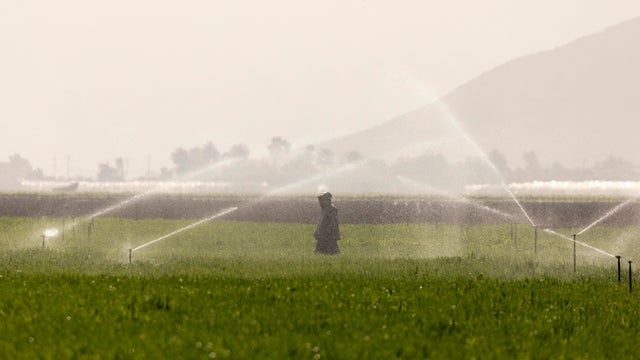
The American Geophysical Union and American Meteorological Society plan to publish a special collection of work on climate change impacts in the U.S.

The National Climate Assessment, a major publication produced every four years that summarizes the impacts of climate change in the U.S., is scheduled for publication in 2027.
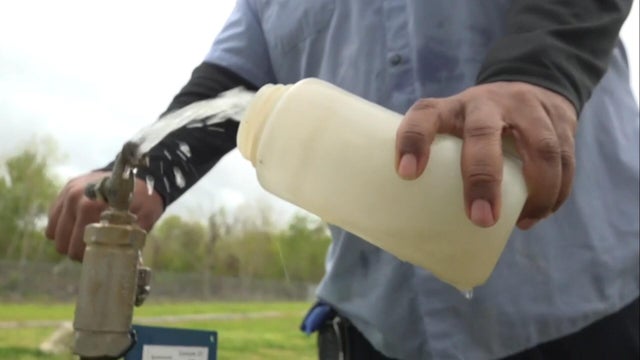
Researchers say drought, sea level rise, severe storms and dredging are partly to blame for the increased in frequency and swatch of saltwater intrusion.

Shortening permitting procedures for mining and oil drilling could adversely affect the environment, communities and endangered species, experts say.
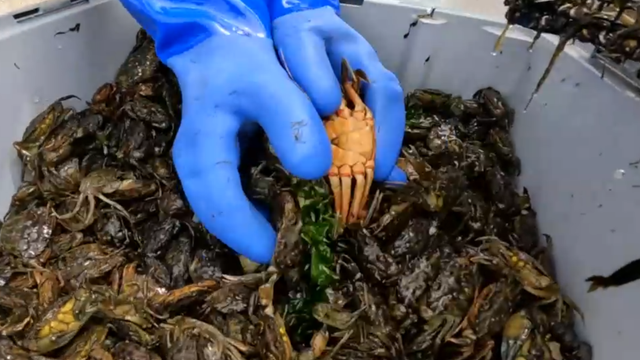
Warming waters off New England's coast has contributed to the proliferation of the green crab, one of the world's most invasive species.
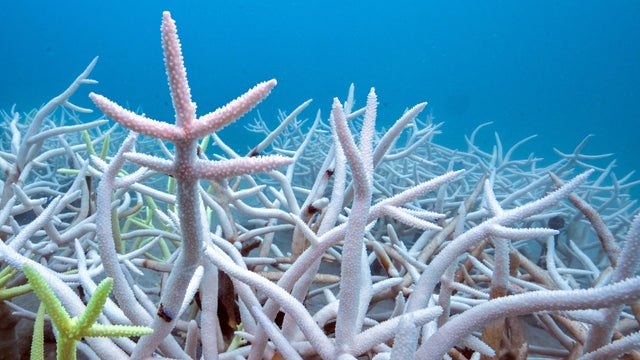
Harmful bleaching of the world's coral has grown to include 84% of the ocean's reefs in the most intense event of its kind in recorded history, scientists say.
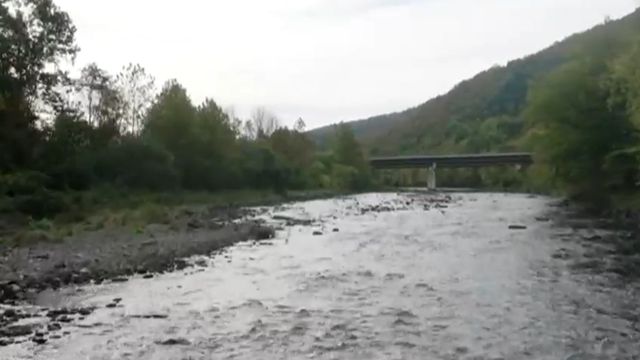
As climate change warms rivers, the fishing industry is increasingly threatened. One nonprofit shows how it's helping to save the fishing-tourism economy.

Two lawsuits allege major home insurance companies have colluded to limit coverage in wildfire-prone California communities and force homeowners onto the state's last-resort insurance plan.

America's rivers and streams are under threat from pollution, development and climate change. A CBS News team spent a week traveling down the Delaware River for a closer look at the impact.
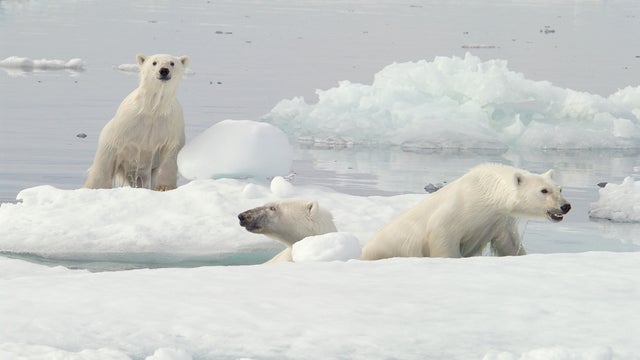
CBS Minnesota station WCCO brings you to the polar bear capital of the world, where warming Arctic waters are putting the town on edge.

An internal government document proposes significant changes for the National Oceanic and Atmospheric Administration, hitting its research functions hardest.

Lego opened a $1 billion factory in Vietnam it says will make toys without adding planet-warming gas to the atmosphere by relying entirely on clean energy.

Critics say some of the messages in these ads leave the impression that oil and gas companies are part of the solution to climate change — instead of the problem.

People in Myanmar's earthquake-stricken areas braced for thunderstorms after rain and wind hampered rescue operations, while many who lost their homes were forced to sleep outside.
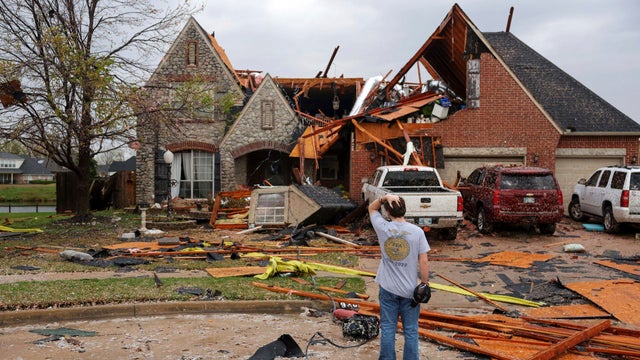
The National Weather Service issued a tornado emergency, the most severe type of warning that exists, in Lake City, Arkansas.

The EPA announced that it would speed up the process by which industry can bypass provisions of the Clean Air Act by emailing President Trump.

A once-every-four-year report card on the upkeep of America's infrastructure gave it a "C" grade in 2025, up slightly from previous reports.
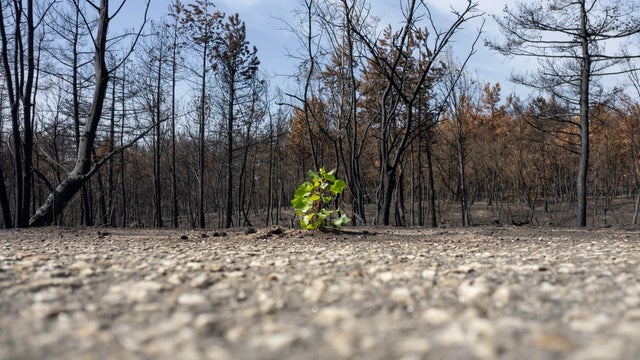
A new report from the World Meteorological Organization delivers a stark warning: climate change is accelerating, with some impacts now irreversible for centuries.
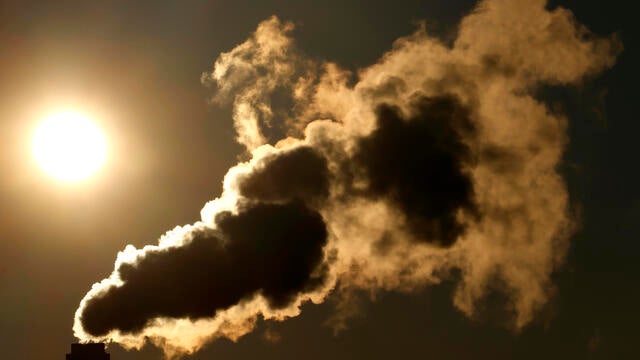
This week the EPA announced the rollback of a wide swath of regulations, many of which could worsen air quality. Experts say that could have implications for health.

Two-thirds of Americans support a transition to clean energy by 2050, and 3 out of 4 support regulating carbon emissions, according to a long-running Yale study. These maps show the results.

Environmental Protection Agency to review a key 2009 finding by the agency that greenhouse gases pose a risk to Americans.
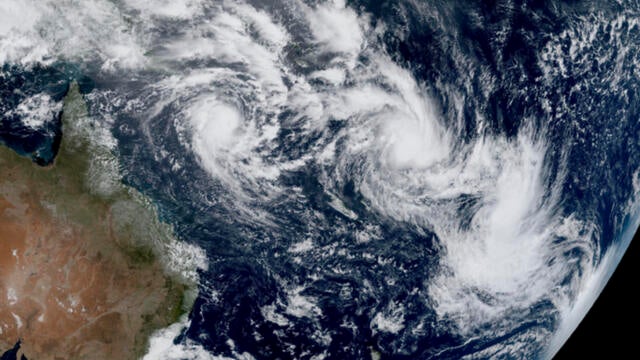
A hurricane modeling specialist fired from the National Weather Service said progress on forecast accuracy may "go backwards" if job cuts continue.

A group of Republican-led states sought to block lawsuits brought by a group of Democratic-led states that seek to hold energy companies accountable for climate change.

A study, published Thursday in the journal Science, found that 22% of butterflies in the United States disappeared between 2000 and 2020.

As Japan faces rising human-bear encounters, an animal trapped in a grocery store injured two men, while a separate reported mauling proved fatal.

The images taken by two Mars orbiters show a bright, fuzzy white dot of the comet, also known as 3I/ATLAS, appearing to move against a backdrop of distant stars.

One of 2025's three Nobel Prize in Physics winners says the trio's work is "one of the underlying reasons that cellphones work.''
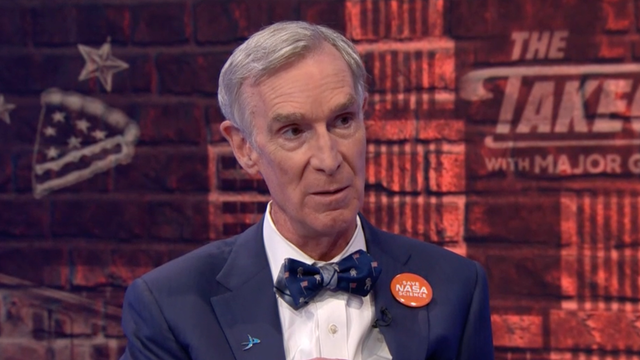
Bill Nye the Science Guy on Monday protested against a federal budget proposal that would see NASA's funding reduced from $24 billion to $18.8 billion.

Nobel Prize committee chair says discoveries by the trio of researchers were "decisive for our understanding of how the immune system functions."

The first supermoon of 2025 will arrive soon. Here's what to know about the phenomenon.

ESO's Very Large Telescope has observed a rogue planet and revealed that it is eating up gas and dust from its surroundings at a rate of 6 billion tons a second.
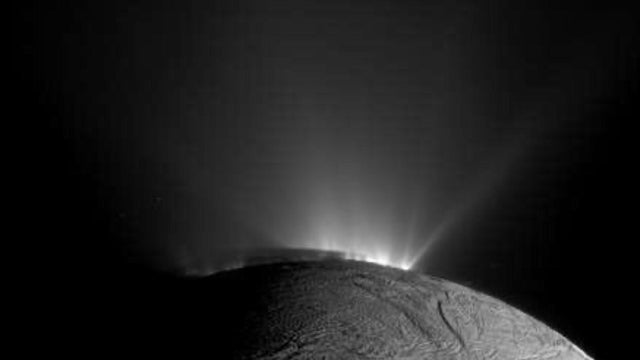
Enceladus has long been considered a prime candidate in the search for life beyond Earth because of its hidden ocean and plumes of water erupting from cracks near its south pole.
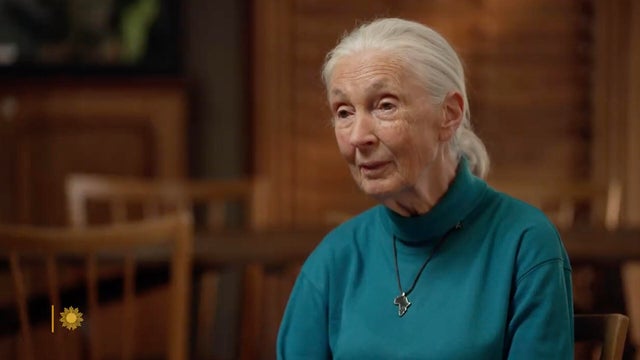
Famed naturalist Jane Goodall, who dedicated her life to studying chimpanzees and protecting the environment, died on Wednesday, Oct. 1, 2025 at age 91. In this Oct. 24, 2021 "Sunday Morning" profile, she talked with Seth Doane about her fascination with animals, her groundbreaking work with primates, and her advocacy for a more sustainable future.
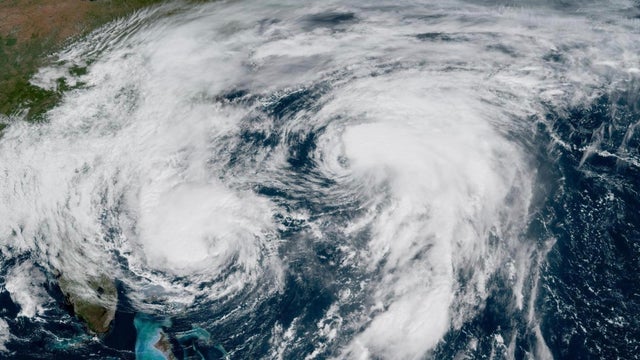
The outer bands of Humberto lashed Bermuda ahead of a more direct pass from the newer and stronger Hurricane Imelda.
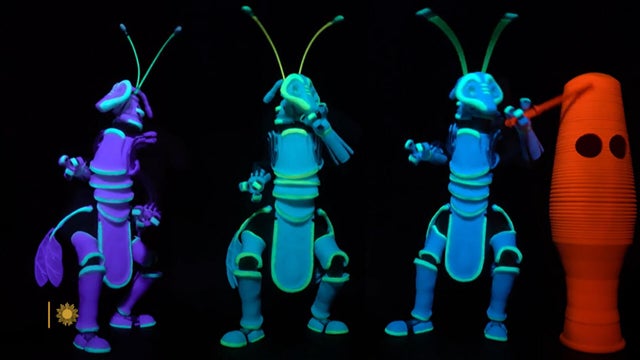
The chirping of crickets in your backyard can be a soothing seasonal sound, but did you know it's also an accurate way to tell the temperature – if you know the mathematical formula? Robert Krulwich and puppeteer Barnaby Dixon explain.

The findings have the potential to resolve the longstanding "Muddle in the Middle" of human evolution, researchers said.
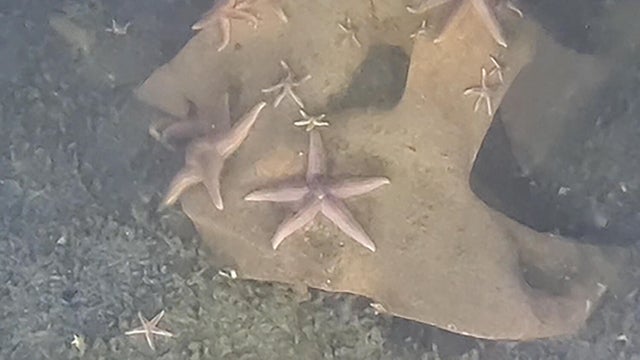
The study's author said "there is some irony" in the discovery that these "things that are meant to kill everything are now attracting so much life."

Scientist and professor Justin Gregg joins "CBS Mornings" to discuss his new book, "Human-ish: What Talking to Your Cat or Naming Your Car Reveals About the Uniquely Human Need to Humanize." He explains why we talk to pets, name objects, and even connect with inflatable tube men — and what that reveals about human nature.
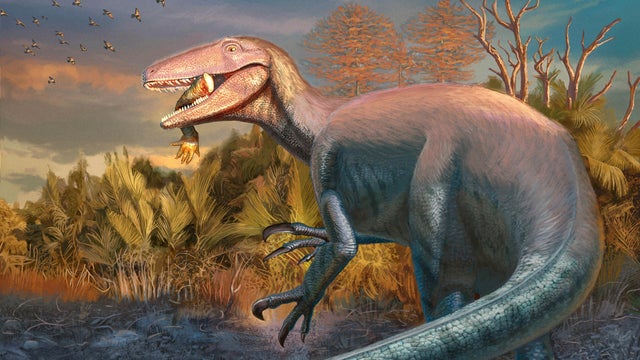
The new find was possibly 23 feet long and hailed from a mysterious group of dinosaurs called megaraptorans.